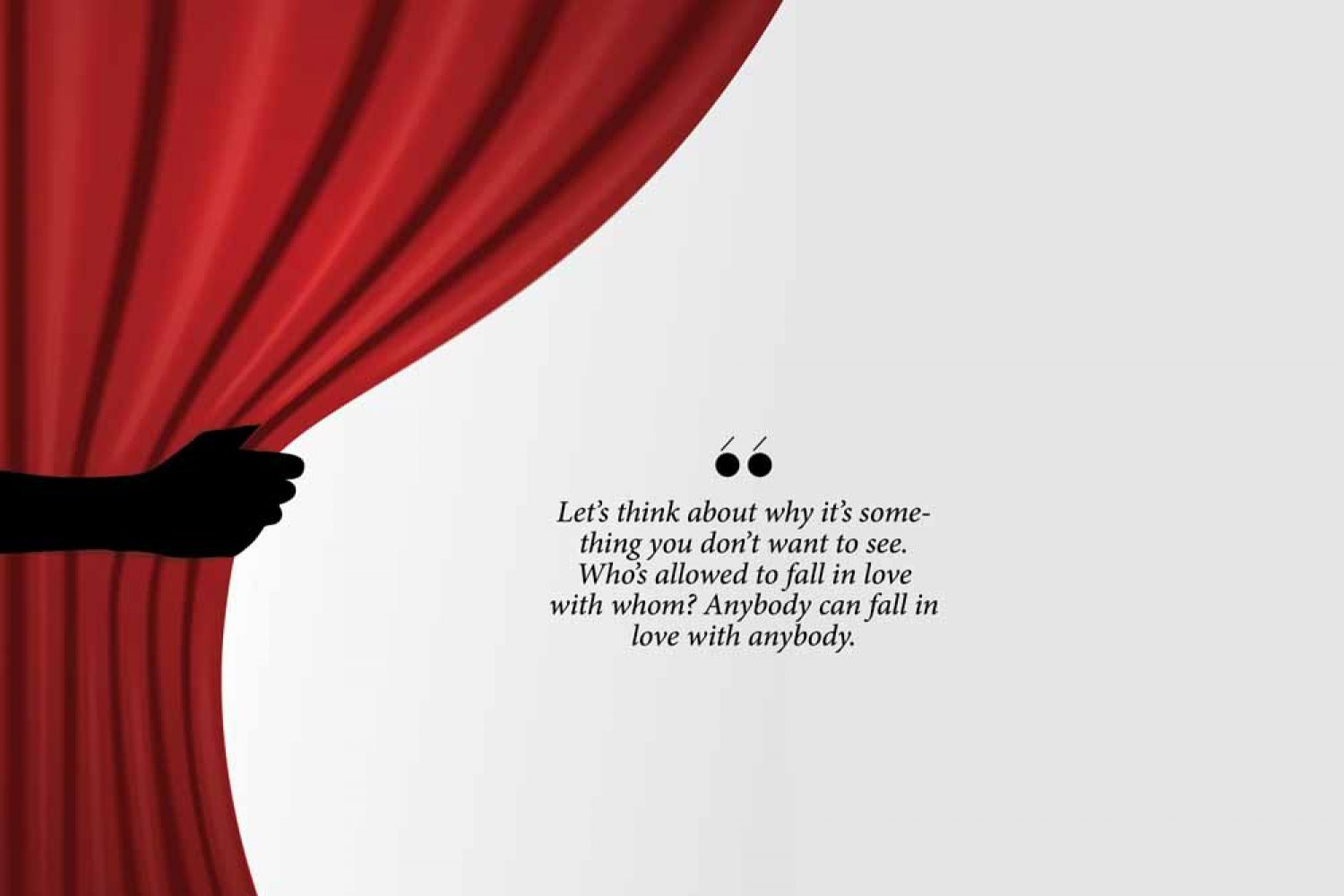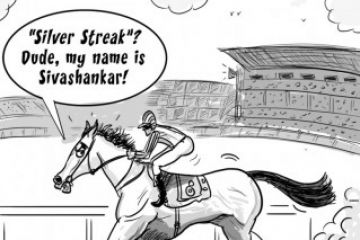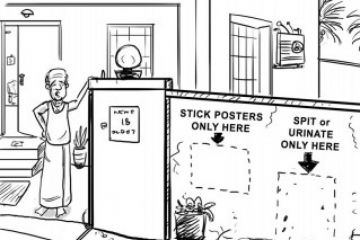
When the
Pilgrim Fathers arrived in the American colonies, theatre was a dirty word.
Puritan thinking forbade such abomination. While Shakespeare’s written work
garnered respect from Americans over the years, public performance often
remained contentious and still does to this day.
“The plays
were safe in themselves—the subversion would come through performance choices
to convey subversive messages,” said Gail Kern Paster, director emerita of the
Folger Shakespeare Library in W





